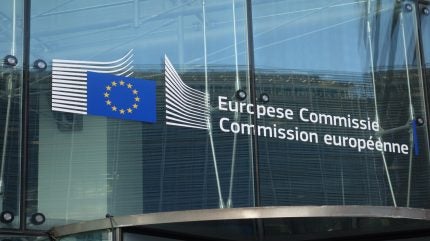
France, Germany, and Sweden have jointly urged the forthcoming European Commission (EU) to prioritise the autonomy of the EU’s battery sector to avoid over-reliance on China amid the green transition.
In a paper released in anticipation of EU ministers’ meeting on EU competitiveness, the countries highlighted the challenges faced by European battery firms, including scaling up operations in an uneven global market.

Discover B2B Marketing That Performs
Combine business intelligence and editorial excellence to reach engaged professionals across 36 leading media platforms.
The call to action includes streamlining bureaucratic processes, accelerating approvals, improving access to funding and markets for emerging companies, and increasing EU investment in the battery industry.
Swedish Industry Minister Ebba Busch told reporters before the meeting in Brussels: “If we are to succeed with the green transition, we need to get the European battery sector flying and taking a proper share of the market.”
The situation is highlighted by Northvolt, a Swedish company that recently filed for Chapter 11 bankruptcy in the US. Despite being Europe’s leading contender for an EV battery leader, the Swedish government has declined to bail out the company.
Busch stated that a clear signal from Brussels on the future of European battery production could help Northvolt attract new funding.
The dominance of China in the EV battery sector is a concern in Europe, with the country controlling 85% of the global battery cell production, according to the International Energy Agency (IEA).
“The green transition might end up becoming a Chinese transition in Europe… Just look at solar cell or wind power sector, a lot of that has been taken over by third-country investment,” she said.
The incoming European Commission, set to take office on 1 December, plans to outline within its first 100 days how the bloc can balance economic competitiveness with climate goals.
Busch noted that the three countries backing the proposal are advocating for better regulations to support new projects and create conditions for companies to scale up.
German State Secretary Berhard Kluttig emphasised the need for the EU to diversify its sources of key raw materials beyond China.
“There are many options, Australia, Canada and even Europe, we have lithium projects, so it is also important that we focus on these alternative sources for battery materials,” he said.






